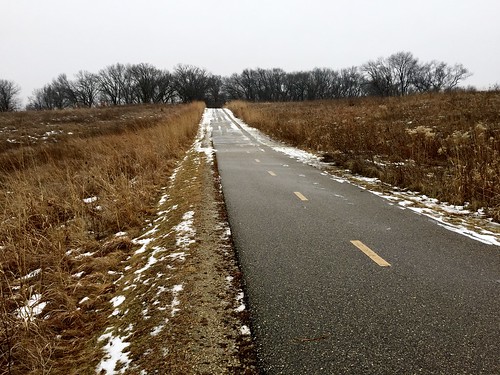"
Geeureum’s connotations are more or less identical to the English—the word bears the same condescension.
But
gwichaneum lacks the negative valence. There’s even a kind of jest to it. To feel
gwichan... is to not be bothered to do something, not like it, or find it to be too much effort. The key to understanding the term, however, is how it fits into Korean grammar: You can’t say 'Bob is a
gwichan person'; you can only say something like 'Doing laundry is a
gwichan endeavor for Bob.' The term describes tasks, not people. It places the defect within the act. Errands that are
gwichan induce laziness in you....
Gwichan nails what’s wrong with the litany of errands that plague our everyday existence: Many of them don’t merit our devotion....
Gwichanism (a popular neologism in Korea) is not an apologia for anti-productivity or anti-work, and the
gwichanist will still fulfill their vital life obligations.
You see,
gwichanists aren’t unproductive; they’re perhaps meta-productive, interrogating the merit of every undertaking.... [E]mbracing
gwichanism allows me to assert the primacy of my preferences, however esoteric...."
In this view, as I understand it, it's not that you avoid all chores. It's that you differentiate among chores and you view the chores as the source of the laziness. It's interesting to think of the activity itself as producing the feeling and to relieve yourself of a moral burden in feeling lazy.
Is English lacking the words for this distinction between 2 types of laziness? I can see that I have a tag for
"laziness" and a separate — and important! — tag for
"idleness." There are also many English words in the general area: "apathy," "inertia," "lethargy," "sluggishness," "sloth," "lassitude," "loafing" (
I loafe and invite my soul, I lean and loafe at my ease...)....
But perhaps none of these words expresses the difference between the general resistance to work and the resistance only to a particular type of work. And yet, let me suggest "irksome." We speak of the "irksome task." That does seem to blame the task itself and not our own laziness. It makes sense, in English, to say I am not a lazy person, but that is an irksome task.








